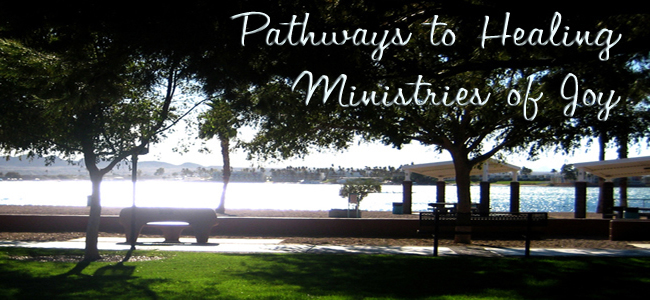Have you experienced thinking you had forgiven someone only to feel uncomfortable the next time you saw them or heard their voice on the phone? Or, struggled with no longer being able to see him or her as the loving person you once enjoyed?
There is a tenet in psychology called the “angel/devil principle,” which describes the common experience of thinking highly of a person, admiring him or her until such time as you are rejected or deeply hurt by them. Then, that person can hardly do anything right. All future actions are seen as if through smudged glass. Where there was once trust, suspicion has set up housekeeping. This occurrence is subtle, often hard to recognize for the devilish thing that it is, and no doubt falls into the category of what the writer of Hebrews warned against: a “root of bitterness allowed to spring up and defile.”
But what about those of us who are trying to keep our hearts clean as we continue to pray, “Forgive us our trespasses as we forgive those who trespass against us?”
What is going on when we find ourselves wanting to avoid certain people? Maybe it stems from that old self-preservation instinct that promotes the attitude, “Why let myself in for more pain?” Distance is safety, or so we think. Yet, Jesus told us to pray for our enemies. How much more so for those who were once friends?
More often than not, we have fallen into the “debts” and “oughts.” One party feels the other ought to apologize, while the other feels indebted, having to live with the knowledge of pain caused.Jesus’ parable of the merciless official (Matthew 18:21-35) vividly portrays the results when forgiveness is withheld. Author David Seamands describes in Healing for Damaged Emotions, “. . . this whole debt system has been built into the human personality in a most incredible fashion. There is a sense of oughtness, of owing a debt, an automatic mechanism by which the built-in debt collectors (in the parable called ‘torturers’) go to work. We seek to atone for those wrongs, to pay the debt we owe or to collect the debt that someone else owes us. If we feel anger at ourselves, we say, ‘I must pay in full.’ Or, if we feel anger at someone else, that person must pay [or so we think.] In this way the whole inexorable process is set in motion as the person is turned over to the inner tormentors. They are the jailers who work as debt collectors in this awful prison.”
Jesus died to set us free. It is clear that forgiveness is given, when we ask, yet with expectations for us to in turn forgive others. The “prison” of all that inner torture is therefore avoided. But, when difficult feelings persist, does this mean forgiveness has not taken place?
Perhaps no one can speak on this more aptly than Corrie ten Boom, who was imprisoned in Auschwitz, a Nazi extermination camp. There, her father and sister died as this Dutch family suffered punishment for their efforts to help Jews during World War II. In her book, The Hiding Place, she wrote of the difficulties in trying to forgive one of the guards who had been extremely cruel. Later, in Tramp for God, she wrote these helpful words: “Up in the church tower is a bell which is rung by pulling on a rope. But you know what? After the sexton lets go of the rope, the bell keeps on swinging. First “ding,” then “dong.” Slower and slower until there’s a final “dong” and it stops. The same is true of forgiveness. When we forgive someone, we must take our hand off the rope. But, if we’ve been tugging at our grievances for a long time, we mustn’t be surprised when the old angry thoughts keep coming up for a while. They’re just the “ding-dongs” of the old bell slowing down.”
How strengthening it is to know those old feelings are only echoes. Ones which in time will die out. “Peace, be still. It is forgiven,” can serve as a gentle reminder to keep our hands off the “rope” when old angers surface.
Herein lies the element of patience with ourselves for being human and with the process, giving it time. Meanwhile, if the heart pounds and feelings soar in the presence of that “certain person,” we are not alone. Christ stands there between us watching the struggle, waiting for us to call for His help.


Leave A Comment